
Here are some of the reasons against Post-Pandemic flying. Flying In A Pandemic: Flying in a Pandemic: 10 Reasons Will Change the Airline Industry.
The Cost

Flying generally isn’t cheap when planning an international trip. The cost of your plane ticket often makes up a substantial chunk of the budget. Yes in times of crisis airfare can drop drastically but such bargains come with a host of other issues more on those later. The simple fact of the matter is airplanes are inherently expensive machines to operate let alone make a profit off of. The average passenger plane weighs 90,000 pounds and that’s without passengers or luggage. And you’re trying to get that thing airborne and hurtling through the sky at hundreds of miles per hour. It’s estimated that flights between New York City and London cost anywhere between 27,000 and 34,500 hundred in fuel alone. Flying gets you to your destination faster but everyone involved pays for the difference.
The Alternatives Are More Scenic
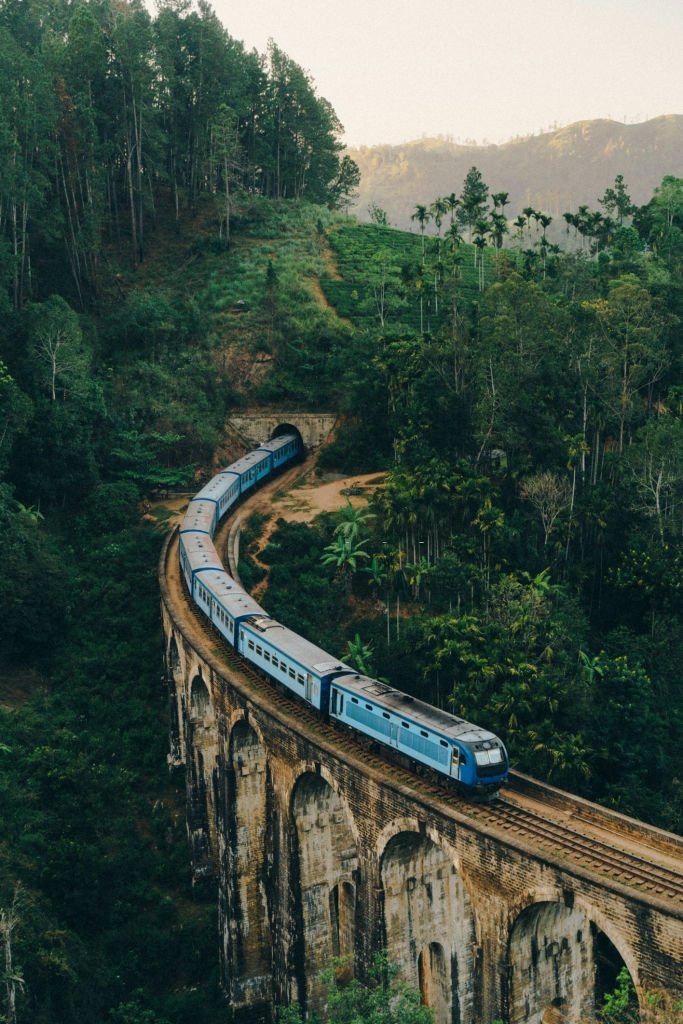
Choosing an alternative method of transportation comes with its limitations. You can’t take a train from New York to London. You can take a cruise ship if you so choose but they’re not particularly cheap or fast. It’s about a six or seven-day journey and that’s one way but really you’re comparing apples to oranges. Planes are just about getting from A to B when you choose to take a train, car, or boat. Your trip becomes more of a journey rather than a vacation bookended by two flights.
While it takes some adjusting to wrap your mind around this alternative approach. Land and sea-based travel have their perks most notably it’s beautiful rather than a cloud in the sky. You get to see the landscape change or marvel at the beauty of the ocean and coastline by spending more time in motion. You’ll come to better appreciate the traveling aspect of travel.
The Inherent Hassles And Anxiety Of The Airport Experience

There are a few moments in a trip more stressful than those spent at the airport. As previously mentioned flights are expensive and if something goes wrong and you can’t get to your gate in time tough luck. Even when you’re on time there are countless Hoops and stressful things to deal with including security baggage weigh-ins.
If you’re traveling internationally customs there’s nothing like standing in a long line to spike your anxiety regardless of how early you’ve arrived. You also need to double and triple-check that you have all of your necessary travel-related documents with you either in paper form or digital. Other forms of travel still involve paperwork and some bureaucracy but they rarely feel so high-stakes.
Overbooked Flights
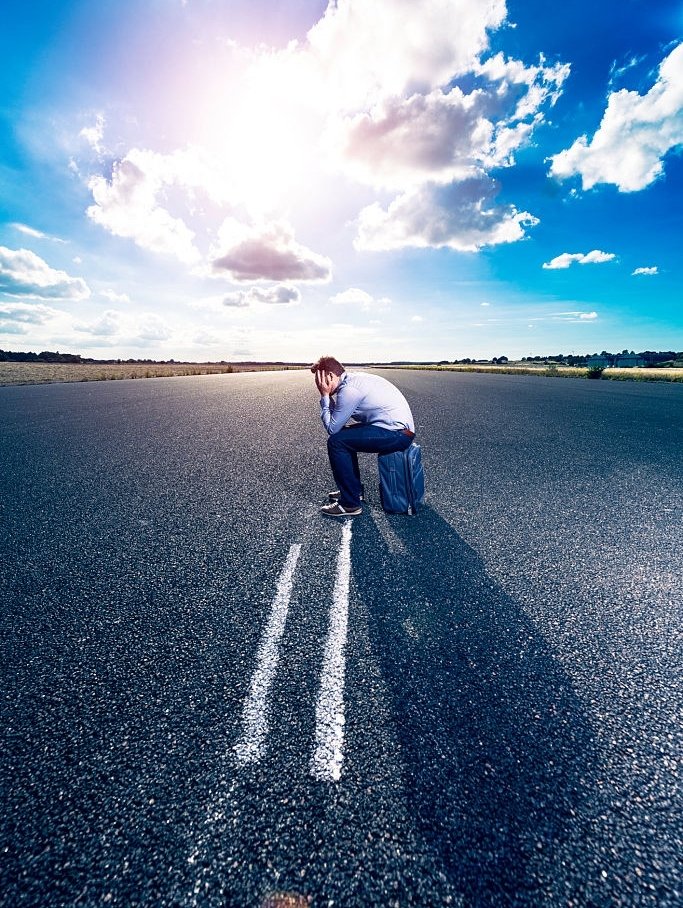
So you’ve made it to the airport in time you’ve gotten through security and your bag is passed through the weighing. In all that’s left to do is sit back and relax until you board your flight. The trials have passed right maybe not perhaps one of the most egregious and unfair practices to ever become commonplace in the airline industry is overbooking.
Airlines might be legally entitled to employ this profit-maximizing principle but it certainly adds a bitter taste to giving them your business. When a flight is overbooked they’ll first ask passengers to volunteer for another flight. If no one comes forward though you can get bumped and that’s certainly not the sort of treatment you should get considering how much you paid for a seat on that specific flight. Sure they compensate you but you still bear the cost of the inconvenience.
Lost Luggage
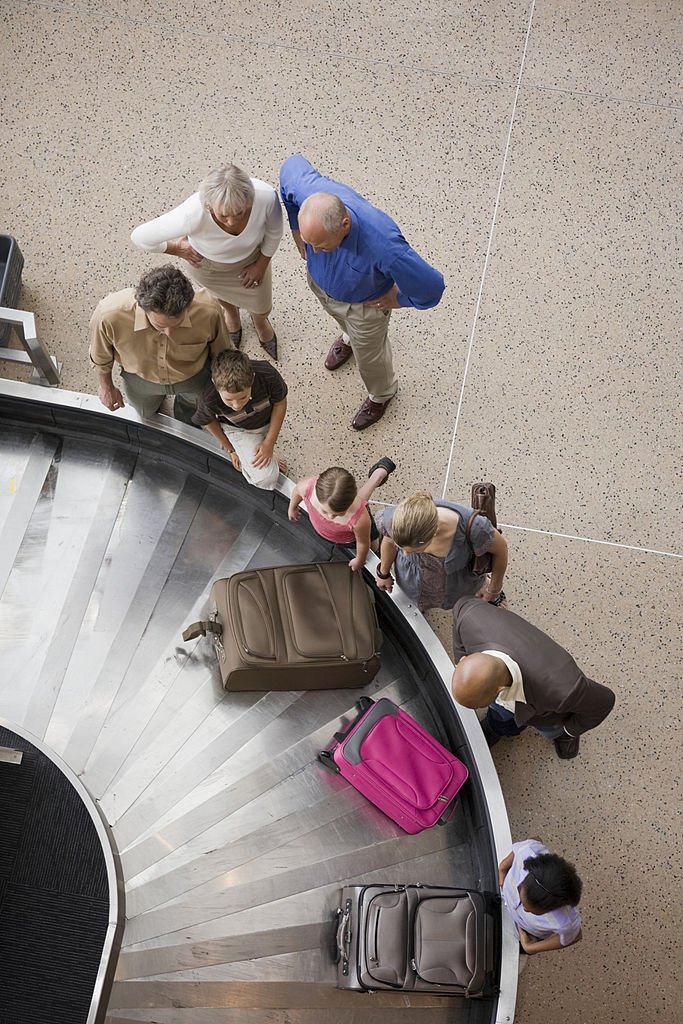
Because of weight and size restrictions on bags, people put a lot of time and thought into what they pack for a trip. You’re going to be away from the comforts of your home for days, weeks, or even months. That checked bag represents the absolute essentials that you seemingly can’t live without. And then you put it on a conveyor belt watch it disappear and can’t do anything but pray to the powers that be that you see it again.
On the other side airlines will typically compensate you for lost luggage so you can buy replacement goods. But it’s still a huge inconvenience and the chances are that some things in your bag aren’t so easily replaced. You know where you’re far less likely to lose your bag on a train or better yet in the trunk of the car you’re driving.
Manipulative Pricing Models
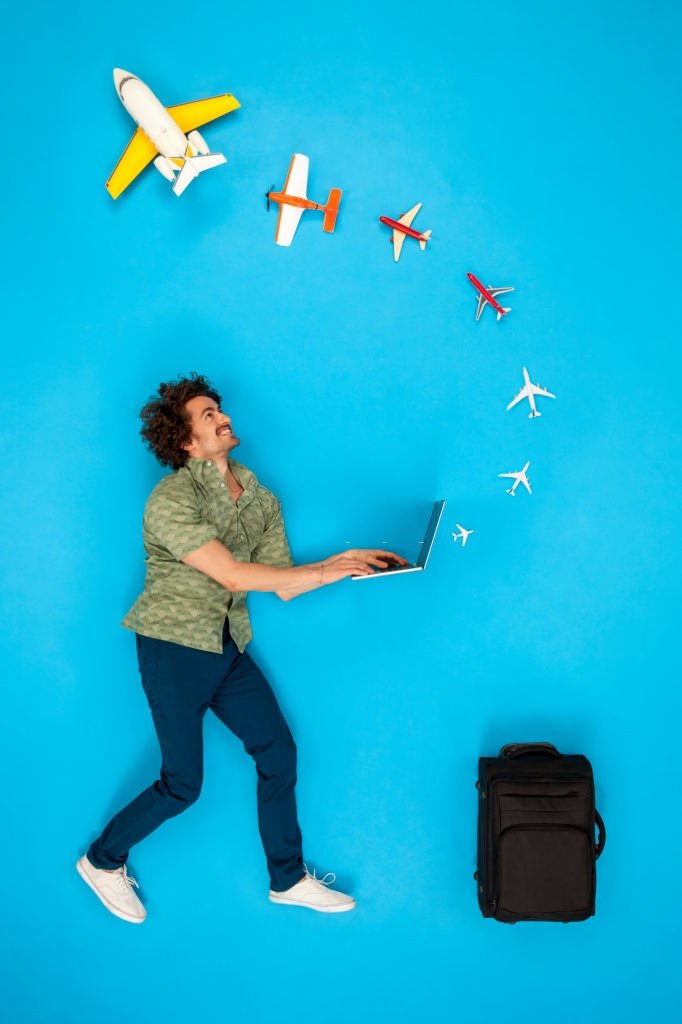
Thankfully this is something that’s been getting better in recent years. Thanks to regulatory bodies but it’s still common enough of an issue that savvy travelers know to look out for it. Many websites advertise their flight’s prices before taxes and fees. What it first seems like a great deal turns into a totally average ticket price by the time you’ve clicked through to the payment.
Then there are budget airlines who exclude everything from seat selection to overhead carry-on bags. And then charge you an absurd fee for these conveniences that most people expect. Then there’s dynamic pricing which accounts for flight prices seemingly changing dozens of times per day. They say you get what you pay for but few industries even within the travel sector make it harder to know the cost and what you’ll get in return.
Opportunistic In-Flight Pricing
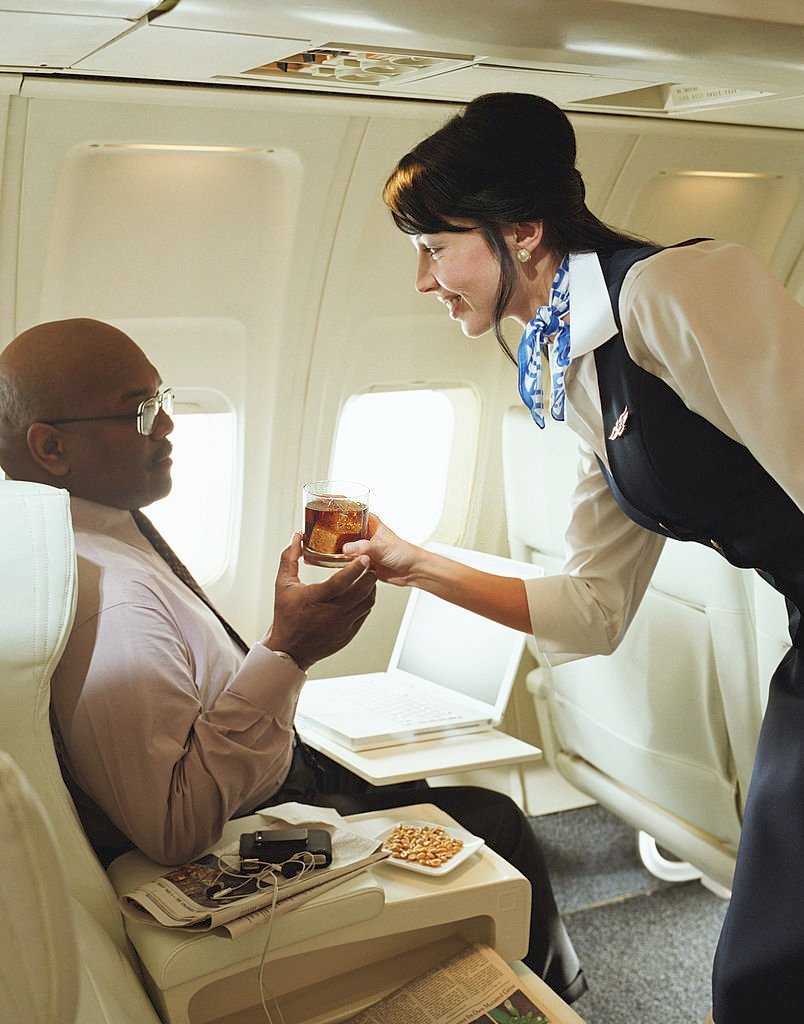
As if overbooking and dynamic pricing aren’t bad enough airlines seem to go out of their way to squeeze as much money out of you in-flight as humanly possible. It seems like everything that was once complimentary is now a paid comfort. They’ve literally got you locked in a slender metal cylinder many thousands of feet in the air. And there’s no competition in terms of prices.
So yeah you’re probably just gonna spend whatever they asked to bolster your spirit and take off the edge with some treats and basic comforts in-flight. Wi-Fi is atrociously priced considering it can be usually found for free everywhere else. When it comes to food and beverages you’re typically paying top dollar for something low-quality.
It’s Uncomfortable
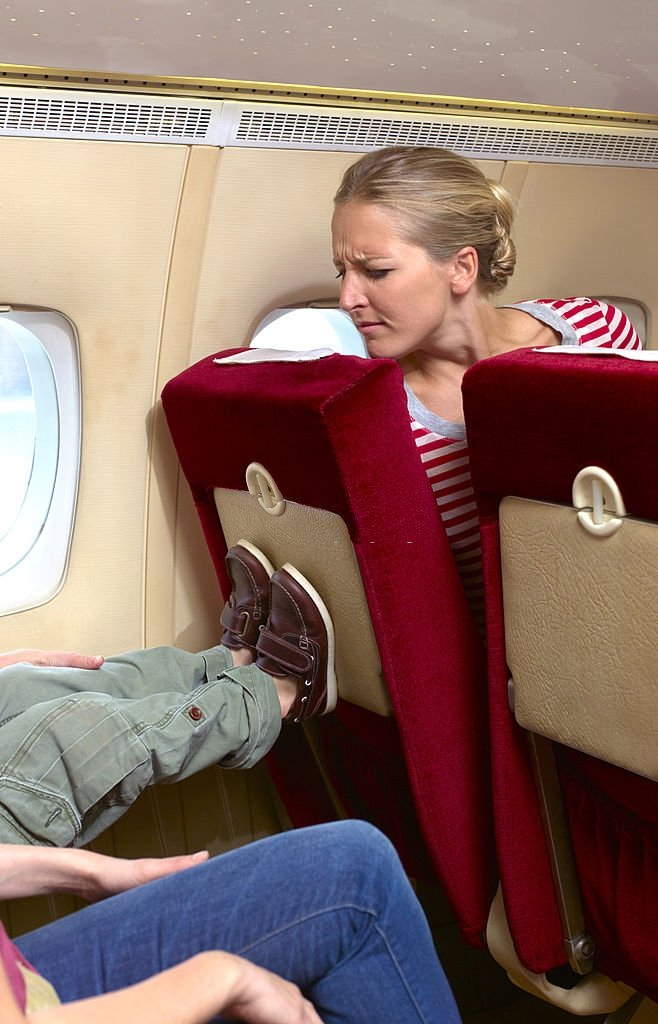
Maybe you consider this a mild inconvenience and us having overly high standards but have you ever flown from North America to Australia or Japan in economy class. It’s not something you would willingly choose to do if not for a great trip on the other end. And doesn’t it feel like airplane seats just keep getting smaller? That’s because they are both in terms of legroom and the size of the seats themselves.
In fact, some consumer protection agencies are concerned that seats are being downsized and squished together to the point. That they could pose potential safety risks in case of an emergency. If you’re a larger person the level of discomfort and economy-class may be enough to push you towards an alternative. Especially for domestic flights where a train can get you there in just a few hours more.
Environmental Impact
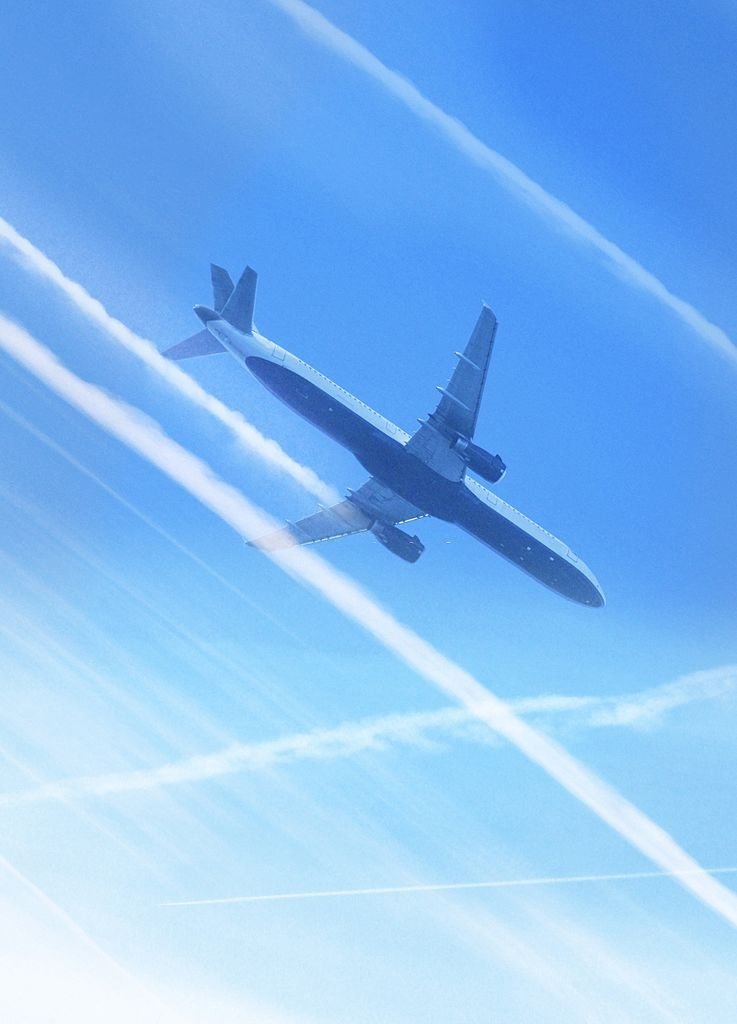
Travel is, unfortunately, an inherently costly experience and it always double charges. First, your wallet takes a hit and then the environment. But while all modes of transportation have a carbon footprint. Flying is by and large the most substantial. The connections between flying and climate change are incredibly difficult to deny at this point. As various other industries attempt to reduce their emissions. The David Suzuki Foundation estimates that by 2050 air travel could represent 25 percent of the emissions.
It’s hard on the environment for the same reasons that it’s expensive flying is extremely energy-intensive. According to Andrew Murphy aviation manager at transport and environment, a Brussels-based think-tank flying is pretty much the cheapest and fastest route of speeding up global warming. Following the lead of climate change activists like Greta Thunberg. There’s a growing movement to avoid flying as much as possible in the name of protecting the planet.
Health Crisis Concerns
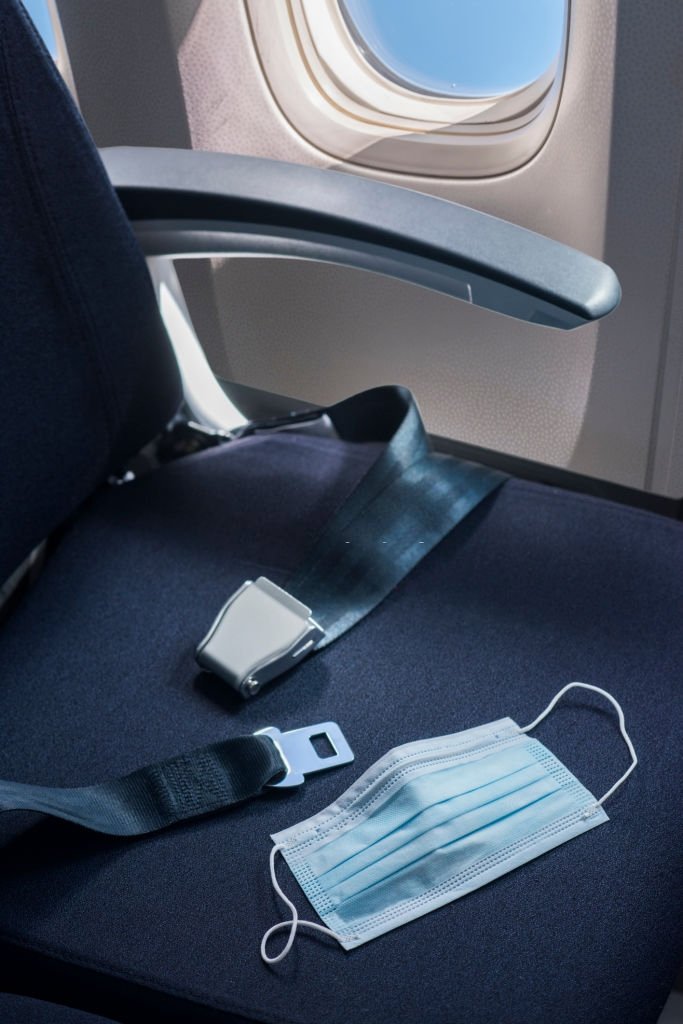
Our world has never felt smaller or more connected. One can literally travel the globe in a matter of days. But unfortunately when an epidemic breaks out air travel provides a viral outbreak with the exact same globe-trotting possibilities. So in times of a health crisis flying can rapidly become ill-advised for a number of reasons. First of all the confined environment and close quarters can put you at increased risk of transmission and getting sick but from the perspective of social responsibility.
Flying during an outbreak also contributes to the potential global spread of the disease. Especially since the average flight is made up of international passengers. Then there are the airports themselves to consider to be clear. Flying is by no means a guarantee of transmission but when you’re looking at a global health crisis it can risk contributing to the problem.

